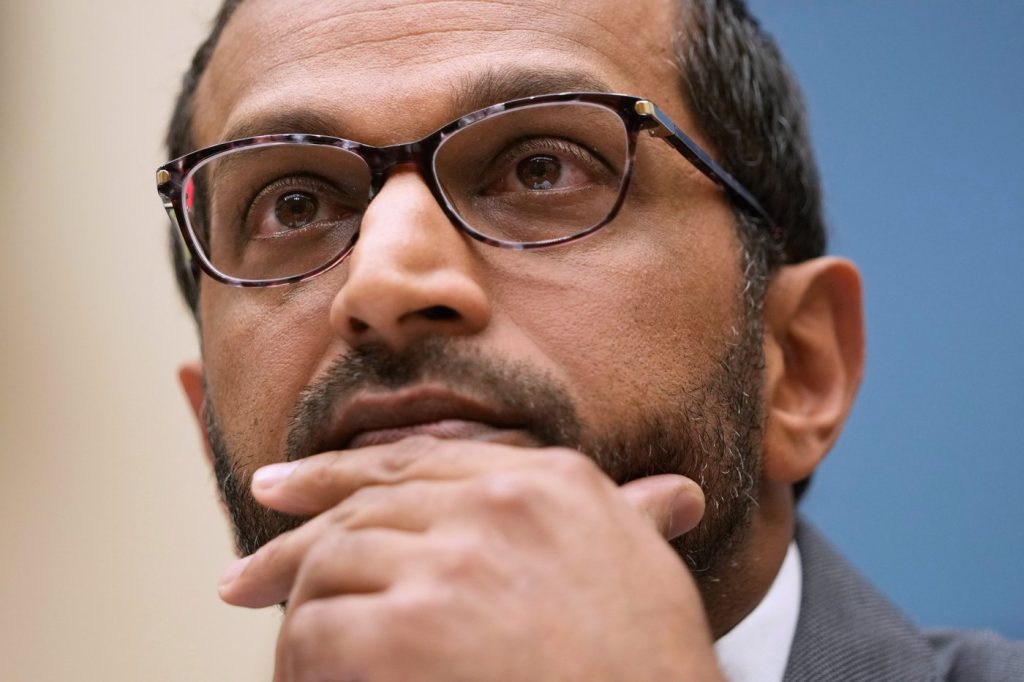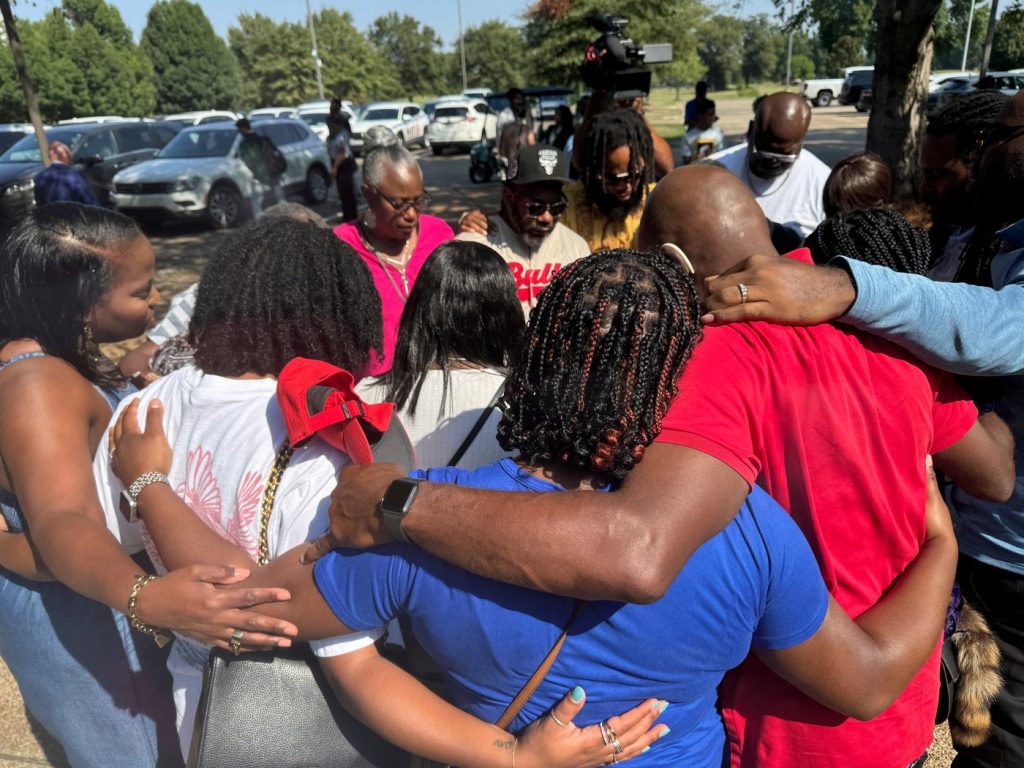On September 17, 2025, FBI Director Kash Patel testified before the House Judiciary Committee, defending the Trump administration's management of the Jeffrey Epstein investigation amid intense questioning from Democratic lawmakers. This marked his second consecutive day in front of Congress, following a heated Senate Judiciary Committee hearing where allegations arose regarding the politicization of the FBI and its investigations.
The focal point of the hearing was the Trump administration's controversial decision not to publicly disclose more files related to the Epstein case. A central figure in the questioning was Rep. Jamie Raskin, who highlighted Patel's previous statements indicating the existence of a client list associated with Epstein. However, the Justice Department later stated it found no evidence of such a list, raising eyebrows among critics who accused Patel of obstructing transparency.
Raskin pressed Patel on how he transitioned from advocating for accountability to allegedly participating in a cover-up. In a particularly tense exchange, Rep. Eric Swalwell sought clarification on whether Patel had informed then-Attorney General Pam Bondi about Trump’s name appearing in the Epstein files. Patel’s responses were met with skepticism, and his defensiveness escalated when faced with repeated questions regarding his credibility and the agency’s transparency.
Patel maintained that the FBI had released all information permissible under the law, citing judicial rulings that denied requests to unseal certain grand jury documents. However, critics pointed out that these rulings did not prevent the release of other relevant investigative files. Amid this controversy, Patel addressed Trump’s claims regarding a letter with allegedly forged signatures linked to Epstein, indicating that the FBI would look into the matter further.
The exchanges between Patel and committee members underscored the contentious atmosphere, with moments of heightened emotion and accusations flying back and forth. Patel exchanged heated words with Swalwell, who provocatively referred to a judge's sharp rebuke of the Justice Department regarding the Epstein case. In retaliation, Patel dismissed Swalwell’s career with personal attacks, further intensifying the contentious engagement.
While Republicans generally rallied behind Patel, he unexpectedly received praise from Democratic Rep. Steve Cohen for the FBI's collaboration on a law enforcement initiative in Memphis called Operation Viper, aimed at reducing crime. Cohen commended the FBI for its effective involvement and adherence to proper policing protocols amid rising crime statistics in urban areas.
During the hearing, Republicans also shifted focus to address Trump’s grievances regarding the investigation into alleged Russian interference in the 2016 presidential campaign. Patel reiterated Trump’s characterization of the investigation as a ‘hoax’ and a ‘witch hunt,’ asserting that the initiation of the inquiry raised significant concerns. Although investigations concluded without establishing collusion, multiple reports confirmed that Russia had interfered in the election.
Patel acknowledged ongoing inquiries within the bureau looking into various aspects of the Russia investigation, including leaks to the media and the handling of related documents. When questioned about uncovering the origins of what some lawmakers termed the 'Russia collusion hoax,' Patel confirmed that further investigations were indeed being undertaken.
The entire congress session highlighted the deeply polarized political climate and the challenges of oversight surrounding high-profile investigations. The intensity of the discussions reflected not only the controversial nature of the Trump administration's actions but also the fractious relationship between different factions of Congress.












